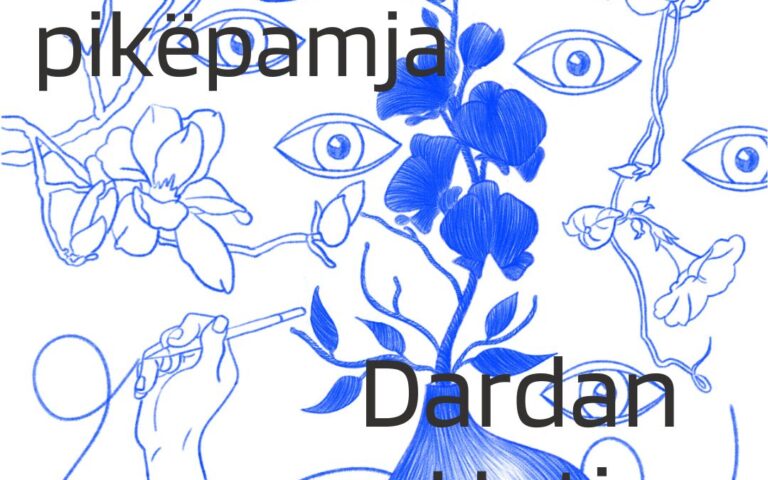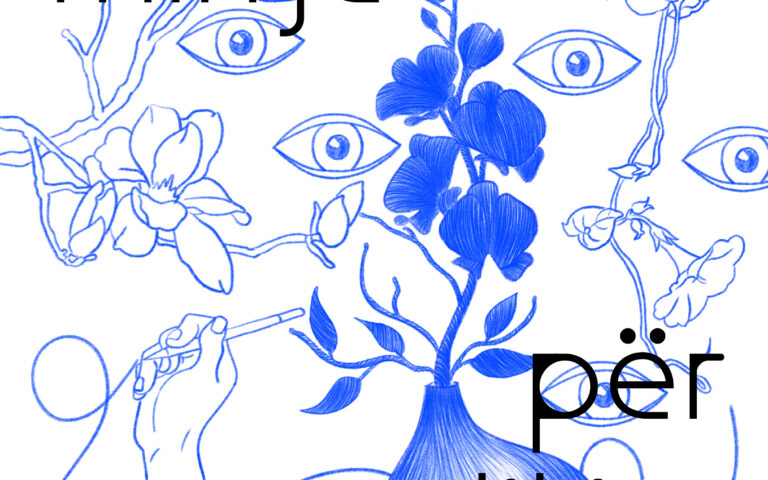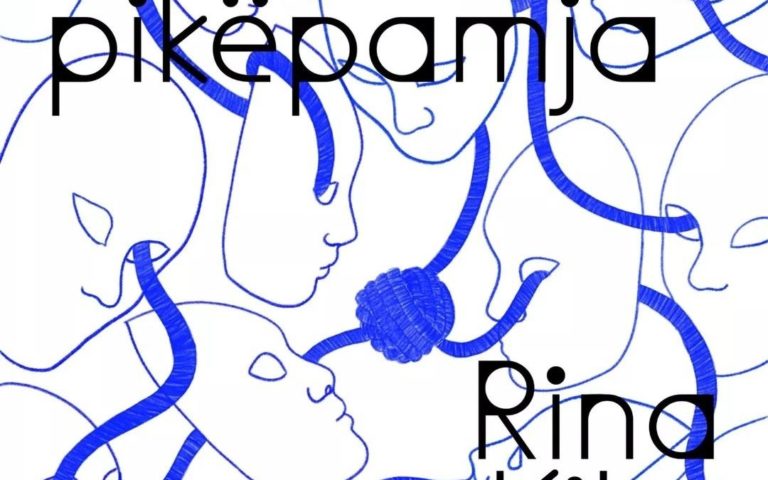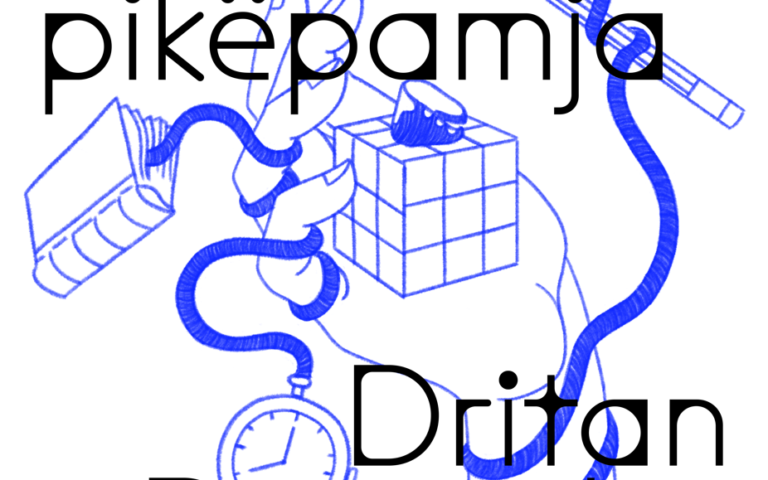Reading Time: 2 minutes
Pikëpamja workshop
The basic module
Pikëpamja, through the basic module workshops, aims to provide practices that encourage and empower young girls and boys to be involved in decision-making processes in their community. The basic module workshop is designed for students aged 15-18 and, among other things, offers opportunities for developing knowledge about the four main agents of socialization, developing knowledge about argumentative writing and developing knowledge about storytelling, and others . During the three days of the workshop, participants are also empowered to address their needs and concerns, pushing them to become agents of positive change in the country and space where they live. In this way, invest in the capacities of young men and women to draw attention to the issues that concern them and promote the inclusion of youth in the public sphere. As well as increasing public awareness of youth perspectives.
School of Writing and Critical Thinking – Pikëpamja
Advanced module
School for Critical Thinking and Writing – Pikëpamja comes as a need to provide an advanced program for young men and women who want to benefit from deeper skills in dealing with various issues through writing. School of Writing and Critical Thinking – Pikëpamja is designed for students aged 19-24 and, among other things, offers opportunities for developing knowledge for analyzing data collected for the research project, identifying the research problem, interviewing techniques and strategies, development of knowledge of citation and reference list compilation, development of knowledge of argumentation and counterargumentation, etc. During the five days of the school, participants will also be provided with advanced content on active citizenship, youth development and empowerment, and social issues.
Therefore, the purpose of this school is to offer young men and women opportunities to acquire advanced skills with a special focus on writing and critical thinking as tools to become factors of change in society and to address social and community issues. such as the needs, priority and interests of youth, gender equality, human rights, non-discrimination, environment, etc.










